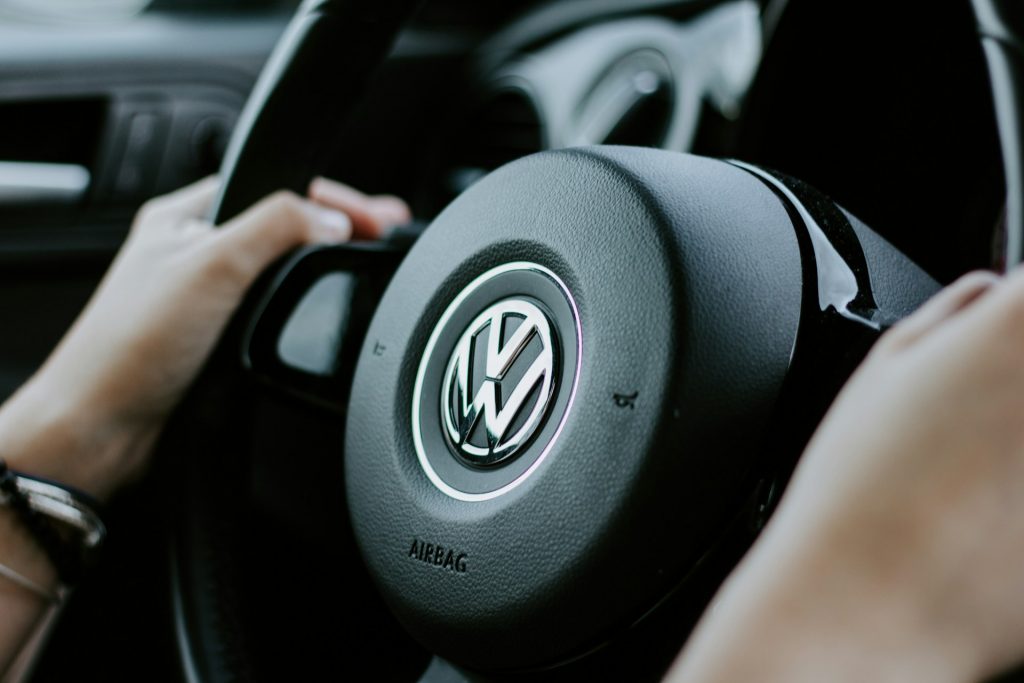J.D. Power Study Highlights Early Quality Issues
The latest edition of J.D. Power’s U.S. Initial Quality Study has brought unwelcome news for several German carmakers, especially Volkswagen. The respected market research firm surveyed nearly 93,000 American owners and lessees of 2025 model-year vehicles, focusing on issues encountered within the first 90 days of ownership.
The study, which evaluates the number of problems reported per 100 vehicles, found that German manufacturers performed below expectations. Most notably, Audi ranked last in the overall quality rankings, with Volkswagen also finishing near the bottom. These results challenge the long-standing perception that European brands, especially German ones, offer superior build quality.
Asian Brands Lead the Way in Customer Satisfaction
In stark contrast, Asian carmakers demonstrated strong performance across the board. Brands such as Toyota and Honda earned high scores for reliability and build quality, especially during the critical first months of ownership. Their consistent success in the rankings is attributed to meticulous production standards and a clear commitment to quality assurance. This approach continues to foster high levels of customer satisfaction.
BMW Plant in Austria Wins Top Manufacturing Award
While Volkswagen struggled with product quality, BMW received high praise for its production standards. The BMW facility in Graz, Austria—operated by Magna Steyr and responsible for manufacturing the BMW Z4—was awarded the prestigious Platinum Plant Quality Award. This recognition is given to manufacturing sites with the fewest defects and malfunctions per vehicle.
In the Americas, Toyota shared the Gold Plant Quality Award between its Cambridge South plant in Ontario, Canada, which produces the Lexus RX, and the Georgetown 3 plant in Kentucky, USA, where the Lexus ES is built. Meanwhile, in Asia-Pacific, the honour went to Toyota’s Tahara plant in Japan, where it assembles the Lexus IS, LS, and NX models.
VW Golf 8: A Mixed Bag in Modernisation
Despite the disappointing study results, the VW Golf remains a benchmark in the compact car segment. Yet, not all Golf models are equal. The eighth-generation Golf, introduced in 2019, has drawn criticism for its execution of digital upgrades. While the car is built on a refined version of the modular MQB platform from the Golf 7, the new touchscreen and voice control features have been labelled as underwhelming and lacking polish.
In terms of mechanical variety, however, the Golf 8 offers a wide range of engine options—from 90 hp petrol engines up to the powerful 333 hp Golf R. The lineup includes sporty versions like the GTI, GTD, GTE, and the rugged Golf Variant Alltrack. Meanwhile, the fully electric e-Golf, based on the Golf 7, has been replaced by the VW ID.3. Some variants, such as the three-door model and the Sportsvan, have been discontinued without successors.
Driving Performance and 2024 Facelift
One area where the Golf 8 still excels is its driving dynamics. Its ride comfort and handling remain among the best in the compact class. A notable feature of the Golf R is its drift mode and rear axle clutch system, enhancing agility. Mild hybrid systems are available with engines up to 150 hp when paired with the dual-clutch gearbox, although this adds to the overall cost.
The most significant update came with the 2024 facelift. Volkswagen overhauled the interior tech, introducing a much larger and more responsive central display. The new infotainment system now runs smoothly and rivals offerings from premium brands like BMW and Mercedes. Additionally, temperature sliders are now illuminated, and the previously criticised touch-sensitive steering controls have been replaced by conventional buttons, addressing major user complaints.
